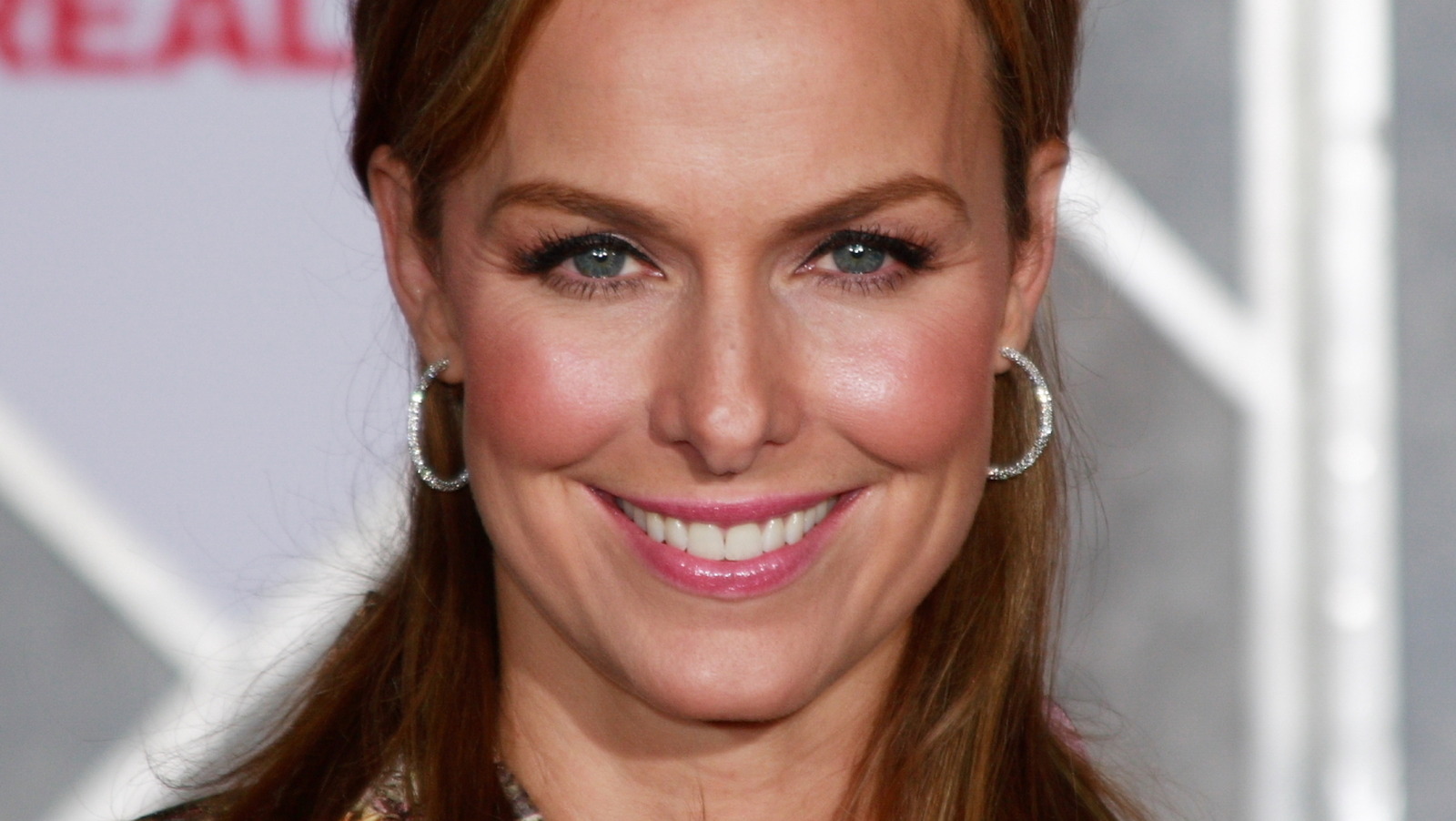Have you ever paused to think about how much we rely on those little three-letter abbreviations for months? Like 'Jan', 'Feb', or 'Mar'? They pop up everywhere, helping us keep track of dates, meetings, and just about everything in our daily lives. It's almost as if they're quiet, steady companions in our busy schedules, always there to give us a quick reference point.
These short forms, so commonly seen, actually carry a bit of history within them. When we see 'Jan', it's a simple way to say 'January', and that word itself comes from something much older. It connects us back to ancient stories and figures that shaped how people thought about time, a little bit, long, long ago. It’s quite interesting, how these small bits of language hold such big stories.
Knowing these abbreviations and where they come from can, in a way, make our calendar feel a little more alive. It helps us see the threads that connect our present-day planning to traditions that have been around for a very long time. We use them without much thought, but there's a neat background to explore, you know, for example, why 'Jan' gets to be the first one.
Table of Contents
- What's the Big Deal with 'Jan', Anyway, 'Jan Jackson'?
- Tracing 'Jan' Back to Its Roots, 'Jan Jackson' Style
- Why Do We Abbreviate Months, 'Jan Jackson'?
- All the Months, From 'Jan' to 'Dec', and Their 'Jackson' Connections
- How 'Jan' Kicks Off the Year, a Bit Like a Fresh Start, 'Jan Jackson'
- Beyond the Basics - What Else Do These Abbreviations Help Us With, 'Jan Jackson'?
- The Power of Short Forms in Our Lives, 'Jan Jackson'
- Calendar Connectors - Making Sense of Time, 'Jan Jackson'
What's the Big Deal with 'Jan', Anyway, 'Jan Jackson'?
When we talk about 'Jan', we're really talking about the first month of the year, January. It's a short way to write it down, a kind of shorthand that everyone understands. This simple abbreviation, 'Jan', stands for January, which marks the transition from one year to the next. It’s a time when many people think about new beginnings and looking ahead, while also reflecting on what has passed. It's quite a special spot in the calendar, really, being the very first one, and it helps us organize our thoughts for the coming months, too it's almost.
This abbreviation, like many others we use daily, serves a practical purpose. It makes writing quicker and reading clearer, especially on things like calendars or reports where space might be limited. The quick recognition of 'Jan' as January helps us process information without having to spell out the whole word every single time. It’s a small detail, but it helps our daily flow, you know, in a way, keeping things moving along without a hitch.
So, while 'Jan' might seem like just a quick jot, it represents a whole month, full of its own unique feeling and significance. It's the gateway to a new cycle, a point of fresh starts and renewed energy for many. Understanding these small pieces of language helps us appreciate the bigger picture of how we keep track of our days and years, more or less, giving us a common language for time itself.
Tracing 'Jan' Back to Its Roots, 'Jan Jackson' Style
The word 'January', which 'Jan' shortens, has a rather interesting background, coming from ancient Roman stories. There was a guardian spirit named Janus, who was quite special because he had two faces. One face looked forward, thinking about the future, and the other looked back, remembering the past. This dual perspective made him a fitting symbol for the start of a new year, a time for both reflection and anticipation, so it makes sense that his name was chosen for the first month. This connection to Janus gives 'Jan' a deeper meaning than just a simple date marker, actually.
This historical tie means that when we jot down 'Jan', we're, in some respects, unknowingly connecting to a tradition that's thousands of years old. It's a reminder that our calendar system isn't just a random set of names; it's built upon the beliefs and ways of thinking of people from a very long time ago. The idea of looking both ways, backward and forward, is something that still resonates with us at the start of a new year, isn't it? It’s pretty neat how that works out.
Knowing this little piece of history about 'Jan' can make checking your calendar feel a little more meaningful. It's not just about marking time; it's about connecting to a shared human experience of beginnings and endings. The very name 'Jan' carries this idea of transition and duality, giving it a richer character, just a little, than you might first expect from a three-letter abbreviation. It’s a quiet nod to the past, while we plan for what’s ahead.
Why Do We Abbreviate Months, 'Jan Jackson'?
The reason we have abbreviations like 'Jan' for January, 'Feb' for February, and 'Mar' for March, is mostly about making things quicker and more efficient. Think about writing down dates over and over again, or trying to fit full month names into small spaces on a calendar grid. It would take up a lot of room and a lot of time. Short forms help us get straight to the point, saving precious space and effort, so it’s a very practical solution, you know.
These shortened versions are a common sight on calendars, in business reports, and even in casual notes we might jot down. They act as universal symbols that everyone understands, cutting down on confusion and making communication smoother. It’s a simple way to streamline information, making it easier to read and process quickly. This kind of efficiency is something we value quite a bit in our fast-paced lives, and these abbreviations certainly help with that, basically.
So, while they might seem like just small details, these abbreviations are actually quite important tools for managing our time and information. They’re a testament to how language adapts to meet our practical needs, helping us keep track of the days, weeks, and months without unnecessary fuss. It’s a simple convenience that has become an indispensable part of how we organize our lives, as a matter of fact, making our daily routines a bit simpler.
All the Months, From 'Jan' to 'Dec', and Their 'Jackson' Connections
Beyond 'Jan', our calendar is full of these handy short forms for every single month of the year. From the very first month to the very last, each one has its own quick way of being written. Knowing these abbreviations helps us quickly identify specific periods throughout the year, whether we are looking at a yearly plan or just checking a particular date. They are a common language for time, and everyone pretty much uses them, so they are quite important.
Here’s a look at how all twelve months are commonly shortened:
- January: Jan.
- February: Feb.
- March: Mar.
- April: Apr.
- May: May.
- June: Jun.
- July: Jul.
- August: Aug.
- September: Sept.
- October: Oct.
- November: Nov.
- December: Dec.
It's interesting how some months, like 'May' and 'June', don't really get much shorter, while others, like 'September' or 'December', become quite concise. This variety in length still serves the same purpose: making things clear and quick. These abbreviations are just part of the fabric of our daily interactions with the calendar, really, making our planning a little easier to manage.
Using these short forms consistently helps to avoid confusion and ensures that everyone is on the same page when discussing dates. They're a simple, yet powerful, tool for keeping our schedules straight and our communications clear. It’s a small detail, but one that adds up to a lot of convenience over the course of a year, you know, when you think about it.
How 'Jan' Kicks Off the Year, a Bit Like a Fresh Start, 'Jan Jackson'
'Jan', as the abbreviation for January, holds a special place because it marks the very beginning of a new year cycle. It's a time often associated with fresh starts, making new plans, and looking forward to what the coming months might bring. This feeling of renewal is deeply tied to the idea of a new calendar year, and 'Jan' is the symbol that kicks it all off, so it’s pretty significant for many people, personally.
The concept of January spanning both the old and new year, as mentioned earlier, truly captures its
- Alligator Encounter Billy Horschel Golf Tournament
- Alix And Braxton Berrios
- Original Marilyn Monroe Dress
- Karen Moss And Peter Michael Escovedo
- Tickets For New Years Eve Ball Drop


